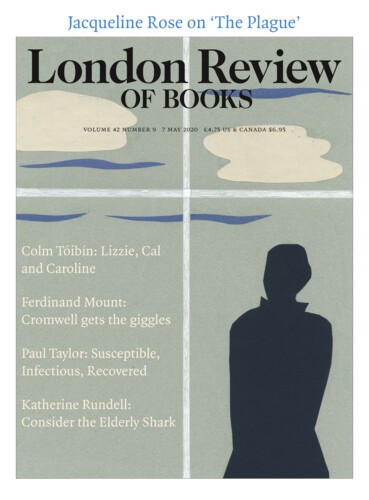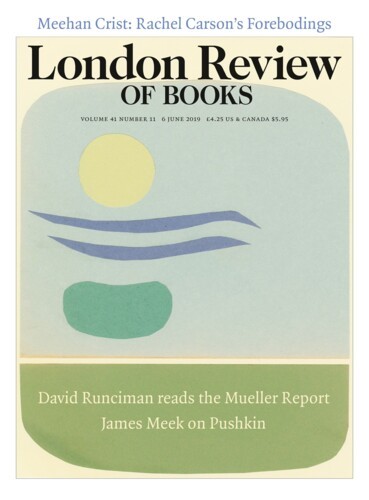Insanely Complicated, Hopelessly Inadequate: AI
Paul Taylor, 21 January 2021
When I first studied artificial intelligence in the 1980s, my lecturers assumed that the most important property of intelligence was the ability to reason, and that to program a computer to perform intelligently you would have to enable it to apply logic to large bodies of facts. Logic is used to make inferences. If you have a general rule, such as ‘All men are mortal,’ and a...





